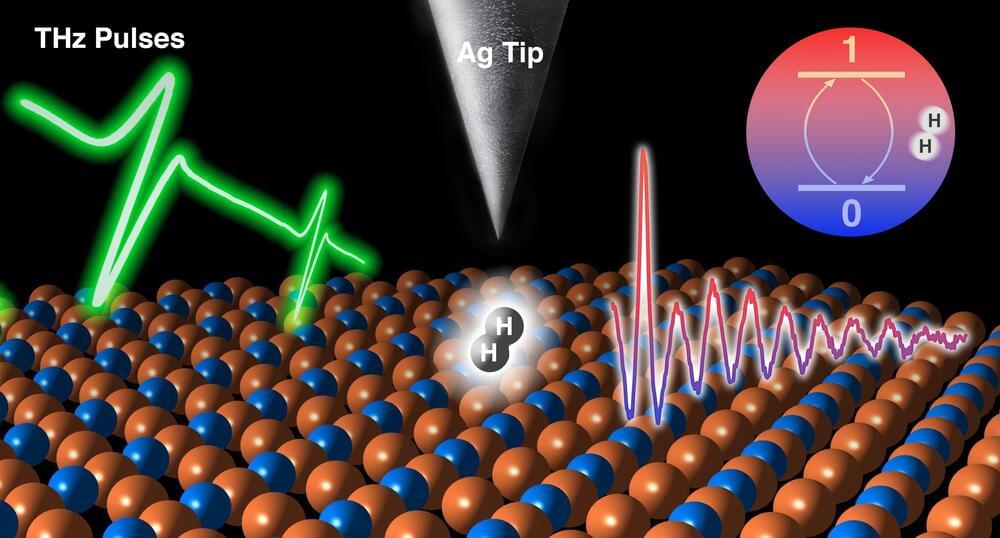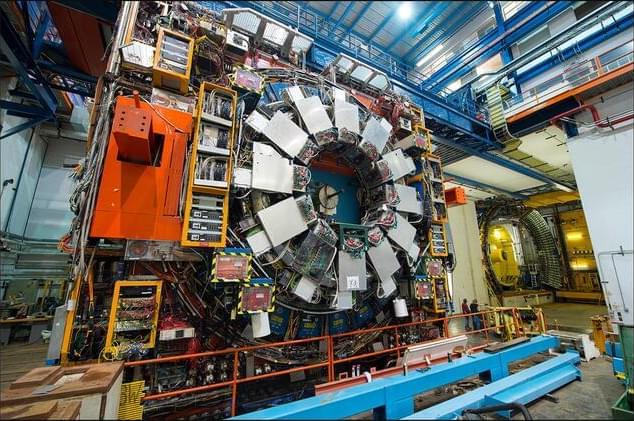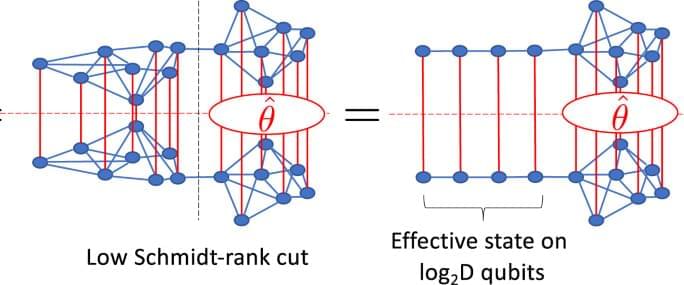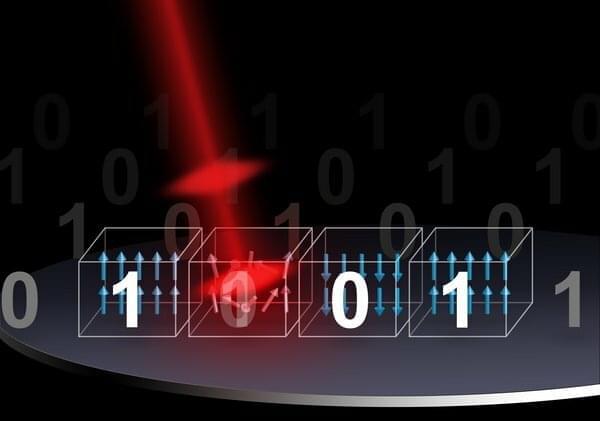
For years, the brain has been thought of as a biological computer that processes information through traditional circuits, whereby data zips straight from one cell to another. While that model is still accurate, a new study led by Salk Professor Thomas Albright and Staff Scientist Sergei Gepshtein shows that there’s also a second, very different way that the brain parses information: through the interactions of waves of neural activity. The findings, published in Science Advances on April 22, 2022, help researchers better understand how the brain processes information.
“We now have a new understanding of how the computational machinery of the brain is working,” says Albright, the Conrad T. Prebys Chair in Vision Research and director of Salk’s Vision Center Laboratory. “The model helps explain how the brain’s underlying state can change, affecting people’s attention, focus, or ability to process information.”
Researchers have long known that waves of electrical activity exist in the brain, both during sleep and wakefulness. But the underlying theories as to how the brain processes information—particularly sensory information, like the sight of a light or the sound of a bell—have revolved around information being detected by specialized brain cells and then shuttled from one neuron to the next like a relay.
















